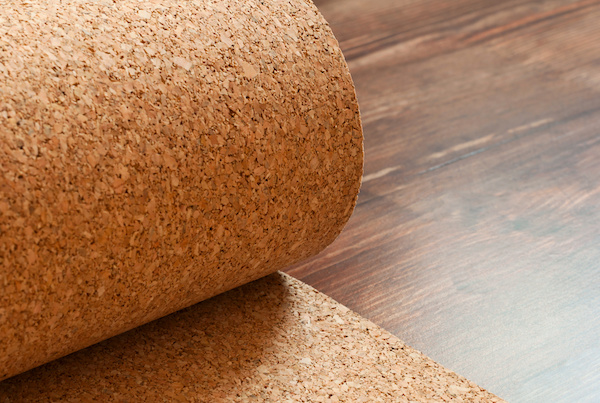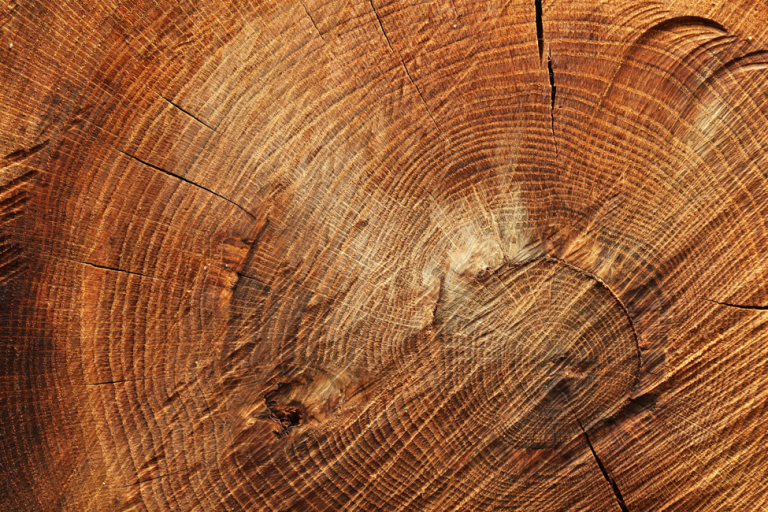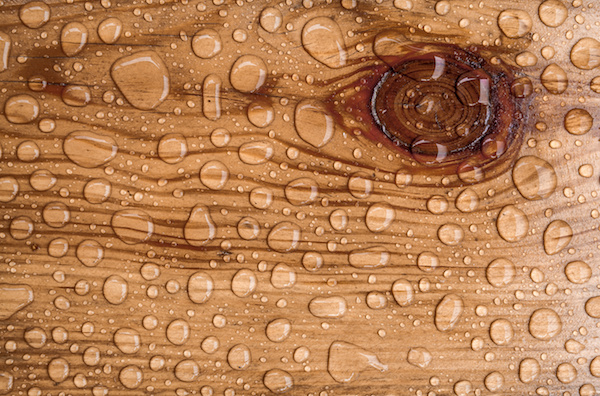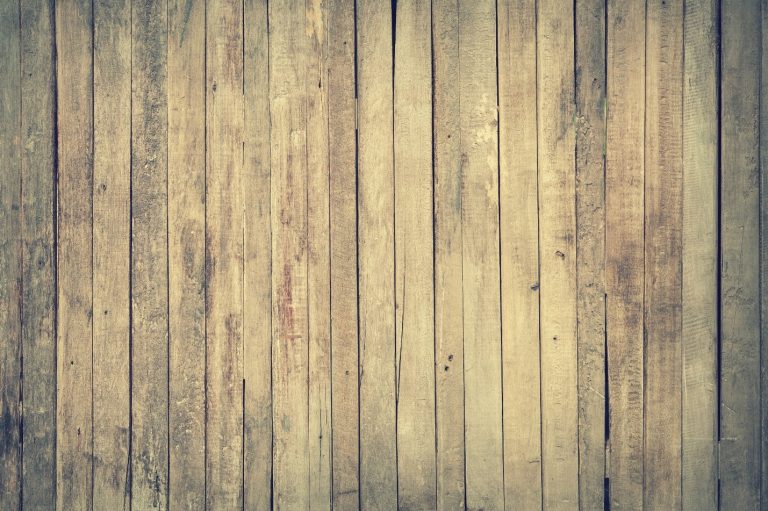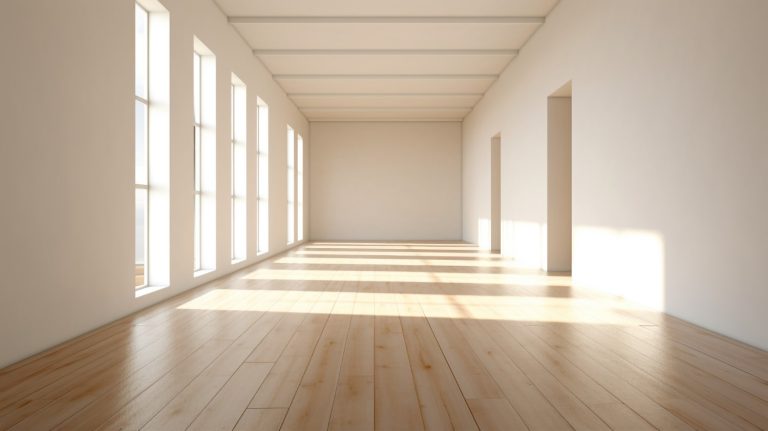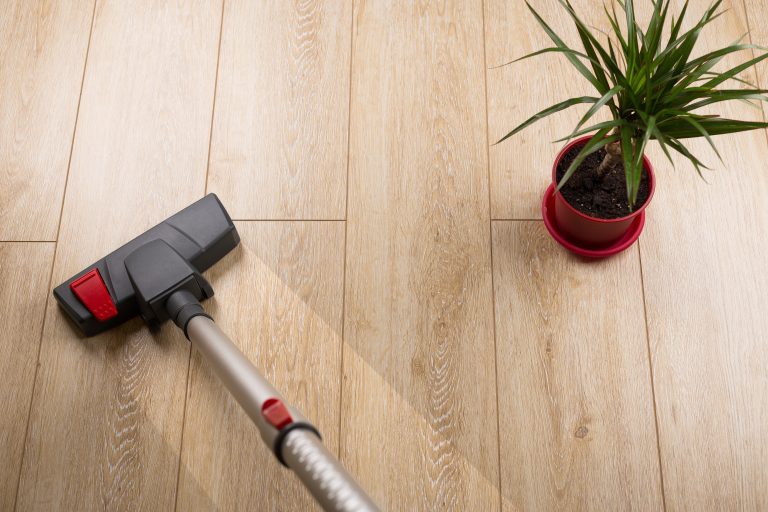What are the Pros and Cons of a Cork Floor?
If you are still in the dark about cork flooring, cast your eyes over this short blog post and find out more about this unique flooring product. Cork boasts a number of advantages that make it a great choice for flooring in many areas throughout the home. As with most products, cork does have some drawbacks however most of these can be controlled if installed in the right areas and are well maintained. Let’s start with the pros:
Pros of Cork Flooring
- Sustainability
One of the main reasons for increased demand of cork flooring is due to its eco-friendliness. No trees are harmed during the extraction of cork and the process can be repeated every 9 years, up to 15 times per tree. A cork floor is not only a natural product, it is also biodegradable once it reaches the end of its life cycle.
- Spongey surface
Another benefit of cork is the cushioned texture that feels soft and springy underfoot. This makes it a great choice for areas where you tend to stand for prolonged periods, such as the kitchen. This is better for your back and joints as it reduces pressure when standing. Cork also absorbs the impact if fragile items are dropped, making them less likely to break compared to other floors.
- Hypoallergenic
Cork is a great material for repelling dust and particles, ideal for people who suffer from allergies. It also has antimicrobial properties. Together, these features ensure a healthier environment with better indoor air quality.
- Easy maintenance
Cork simply requires regular sweeping and vacuuming to eradicate any lingering particles.
Cons of Cork Flooring
- Fading
Exposure to sunlight can cause cork floors to fade and discolour over time. Be aware of placing furniture or rugs over spots as the surrounding floor may fade whilst the floor under the items retains colour. Fading can be reduced by installing good quality curtains or blinds.
- Not water-repellent
Cork is refinished with a sealant which provides some protection from water spills however liquids can still seep through cracks if not wiped immediately. The floor can also stain, showing water marks or discolouring from spills such as red wine. Bear this in mind when deciding which rooms to install cork in.
- Risk of damage
Though cork is incredibly comfortable underfoot, this does come with a disadvantage. The soft material makes it more susceptible to gauging, punctures and dents from furniture, dropping sharp objects or high heels. Surface scratches are also a potential problem, especially if you have pets.
In many cases, it is clear that the pros outweigh the cons and there are simple measures you can take to reduce the cons from occuring. To see our range of cork flooring, click here or call us on 1300 823 958 for more information.

